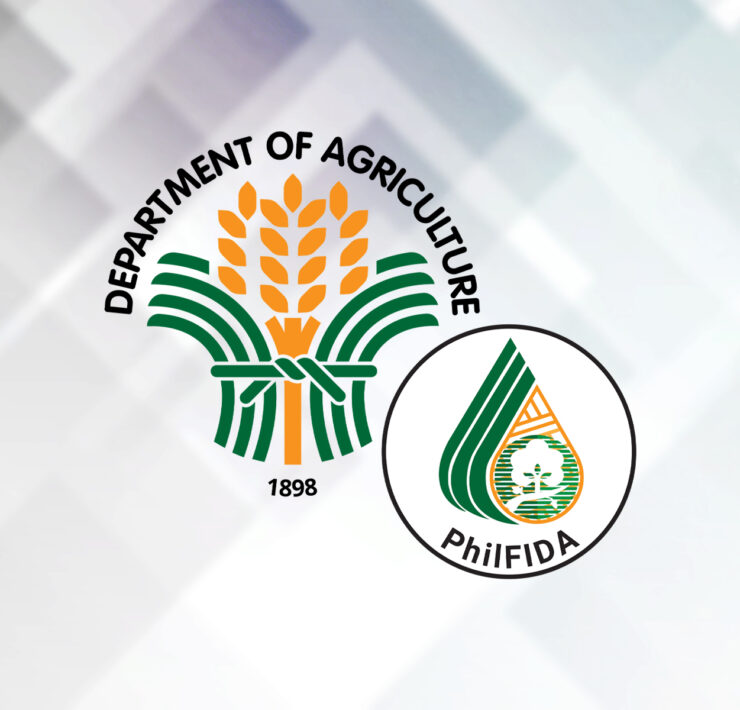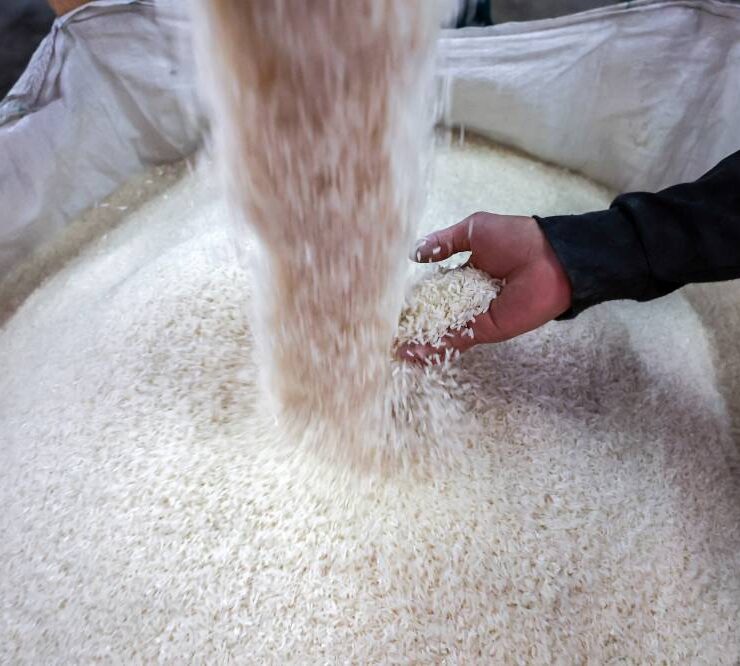Focus on the future

If the Department of Agriculture (DA) focuses on the future, it must fully support the 2025 Department of Education (DepEd) school feeding program. This is a key solution to an impending disaster.
If our severe malnutrition is not immediately addressed, it would be a disaster that will inflict on our country a severely damaged workforce incapable of producing the goods we need. Most of our efforts today will be good for the short term, but rendered of little benefit for the long term. This is why. Two studies stare us starkly in the face. First, according to the United Nations World Food Program (WFP): “Nine of 10 children in the Philippines aged 10 years old are unable to read and understand the age-appropriated text. From being among the best in our region, our learning poverty rate (91 percent) is now much worse than the average in East Asia and the Pacific (35 percent).”
Second, in a Programme for International Assessment study of 15-year-olds in mathematics, science and reading, we ranked at the bottom—number 78 out of 78 countries in 2018 and number 77 out of 81 countries in 2022.
Workforce
We will soon have a globally incompetent workforce. We will no longer be able to send our people abroad to earn our needed foreign exchange. This is because other countries with a better educated workforce will be taking our place.
We will not be able to produce the quality goods required by the global economy. This means fewer exports, more imports, less employment and more poverty. All the good work we are doing now for the short term will be overshadowed by our bleak long-term prospects. So what can be the DA’s possible role in this? We must look at the school feeding program not just for the nutrition objective, but also as a catalyst for economic development. This follows Indonesian President Probowo Subianto’s statement that his school feeling program would produce 2.5 million jobs. First and foremost, the food for this program should come from the community itself, instead of from imports or outside sources. Second, this food strategy—which includes mobilizing people, technology transfer and business management—must be formulated and implemented at the barangay and municipal levels. It is the local government unit (LGU) agriculture extension workers who can best do this. The DA lost much of its influence when its extension functions were devolved to LGUs through the Local Government Code.
Consequently, without the proper preparation, many LGU workers are performing suboptimally. This is partly remedied by the Provincial Agriculture and Fisheries Extension Services, but the DA still has no presence at the provincial level.
DA’s local presence
Last Dec. 23, the AgriFisheries Alliance or AFA (composed of coalitions from the three sectors of farmers and fisherfolk, agribusiness and science and academe) met with Sec. Francisco Tiu Laurel Jr. Because of the weak link between the DA and the LGUs at the provincial level, they proposed that there be one DA extension worker for every 10 barangays. They can then work closely with the LGU extension workers. According to the DA: “The Agriculture Training Institute (ATI) is the capacity builder, knowledge bank and catalyst of Philippine Agriculture and Fisheries extension system.”
With physical presence at the local level, the DA-ATI can now work with the LGU extension workers to organize the farmers and fisherfolk. These farmers and fisherfolk can then provide the food for the feeding programs using the best technology and economies of scale. The initiative for this sector needs much support. The UN-WFP states: “For the first 1,000 days of a child, malnutrition can cause inevitable damage to future health and brain development.” But nutrition is also crucial from early to middle childhood when brain functions continue to develop.
The UN-WFP adds: ”While investments are primarily focused in the first 1,000 days, the next 7,000 days have been widely neglected.” We must immediately address our nutrition issue, because it may mean either prosperity or disaster for our nation. Aside from its important work today, the DA must also focus on the future as it works with the LGUs and DepEd in making the school feeding program a catalyst for economic development.
The author is Agriwatch chair, former secretary of presidential flagship programs and projects, and former undersecretary of the Department of Agriculture and the Department of Trade and Industry. Contact is agriwatch_phil@yahoo.com.





















